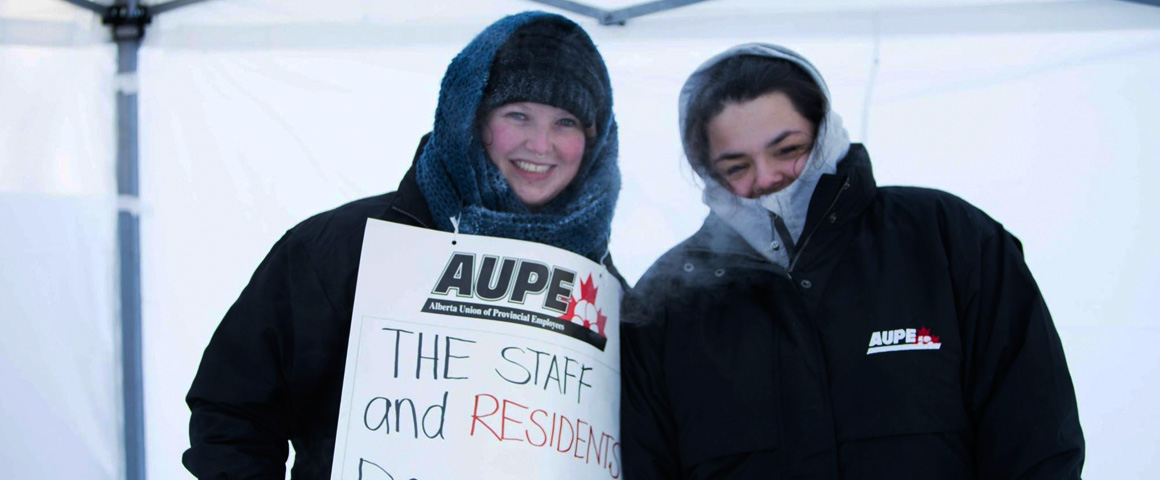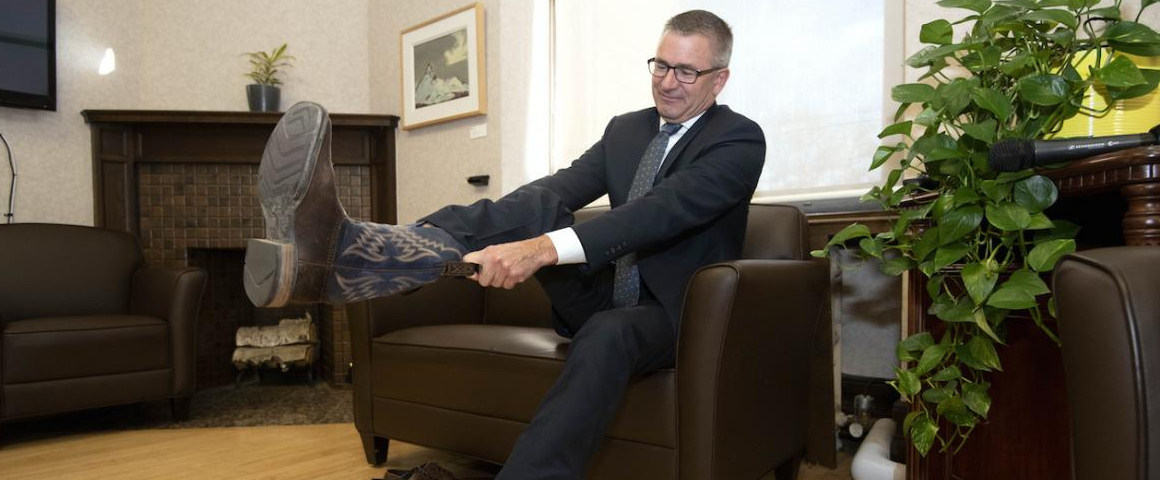It is hard to understand how with a majority NDP Government we are having labour conflicts like the one with Points West Living in Cold Lake.
On a very cold Feb. 3 I attended a rally of about l50 strikers and supporters in front of the PWL Office (which had conveniently moved) about their lockout on Dec.16th.
PWL is one of the most profitable and fastest growing for-profit seniors providers operating in Alberta. They receive millions in taxpayer dollars and retain a portion in profit, but how this money is spent is not disclosed to the public.
Alberta Union of Provincial Employees represents 160 employees who have been bargaining for a fair contract at four PWL facilities. The facility in Cold Lake joined the union two years ago but still cannot get a first contract. This is an old story in Alberta, where labour laws do not make getting a first contract easy, even with an NDP government.
The problem can’t be credited to a lack of money. According to the AUPE website, “After a sale in 2015 valued at approximately $100 million, all PWL sites are owned by the same Ontario based company. In the year before the sale PWL profits increased 46%, rising from $864,593 to $1,262,636. The company expects to increase its value to $500 million over the next 3 to 5 years. PWL’s CEO Doug Mills, and Vice-President of Human Resources and Administration Paul Melanson each own an 8.3 percent share in Points West Inc. profits in addition to their regular salaries and additional compensation. In 2015 these bonuses were set at $175,000 for Rath and Melanson and $250,000 for Mills.”
Again this is from the AUPE website: “Between 2008 and 2013, PWL received more than $32 million of public funding to build six facilities, as well as operating funding of $25,000-$65,000/per bed and additional funding for medical equipment and facility upgrades.”
The emphasis at the rally was not on wages, but working conditions. Most staff work part-time or casually, and they want solutions to problems of short staffing, arbitrary scheduling and concerns about training. This includes respect for seniority. The casual nature of the work force does drive wages down, but more seriously offers much degraded care to the seniors. The relationship between staff, and with the residents, is more difficult to maintain. Regulations in this field are in much need of improvement. Because there aren’t any strict ratios of staff to residents, staff can be severely overworked, which deteriorates the ability to care well for residents.
The issue of training and regulations was also brought up. As frontline workers, these are employees who can witness the neglect and abuse of those in great need, and their voices should be heard.
Union negotiator John Weaver said that most private for-profits have similar problems, and that 60% of senior care facilities are private for-profit. This contract has far-reaching implications for care of seniors, because there are first contracts at the Stettler and Slave Lake sites, as well as re-negotiations at Century Park and Heritage House. Profiteering off both residents and workers should be challenged, along with quality of care. With its profits and taxpayers’ money, the company is housing replacement workers in hotels at great cost, to break the union. Ultimately this will be used against us all, if this is how we will be cared for in our old age.
For more information, visit www.pwlprobe.com; this site will help you to send a letter to the government.


